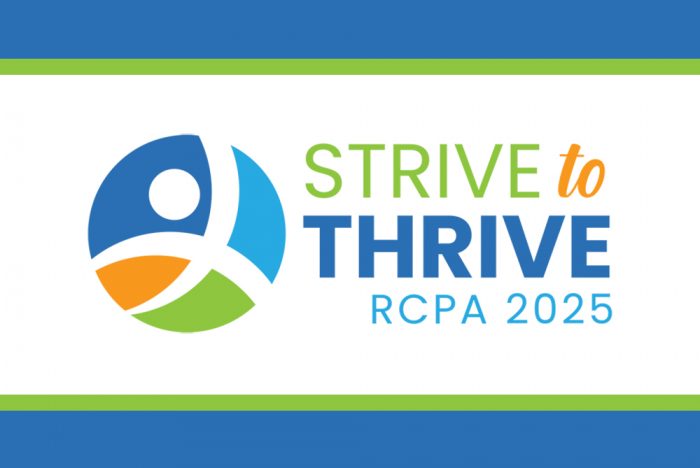Beyond Inclusion: Thriving in the Community
September 30 – October 1, 2025
Hosted Virtually
The Pennsylvania Office of Developmental Programs (ODP) has announced that registration is now open for the 2025 Pennsylvania Autism Training Conference (PATC). The virtual conference will be hosted on September 30 and October 1. The theme for this year’s conference is Beyond Inclusion: Thriving in the Community. PATC will include presentations and panels from subject matter experts, providers, self-advocates, and families. This conference provides professionals working directly with individuals with autism across the lifespan with tools, strategies, and resources to help provide the most effective support.
Who Should Attend:
Professionals looking to increase their knowledge of and/or ability to support individuals with autism across the spectrum and the lifespan. PATC welcomes all professionals supporting individuals with autism in Pennsylvania, in all systems.
Register and Learn More:
*Please note: You may be prompted to create a MyODP account before you can register for the conference.
Call for Artists:
PATC is pleased to invite artists on the autism spectrum to exhibit their artwork virtually during the conference. They are looking for artists on the autism spectrum to showcase their art in a virtual “art gallery.” Artwork includes:
- Paintings;
- Drawings;
- Photography;
- Jewelry;
- Greeting cards;
- Pottery; and
- Fabric crafts.
The art show will consist of artwork supplied by artists and will be linked to ODP’s website.
If you are interested in exhibiting your work, please submit your work here.

















